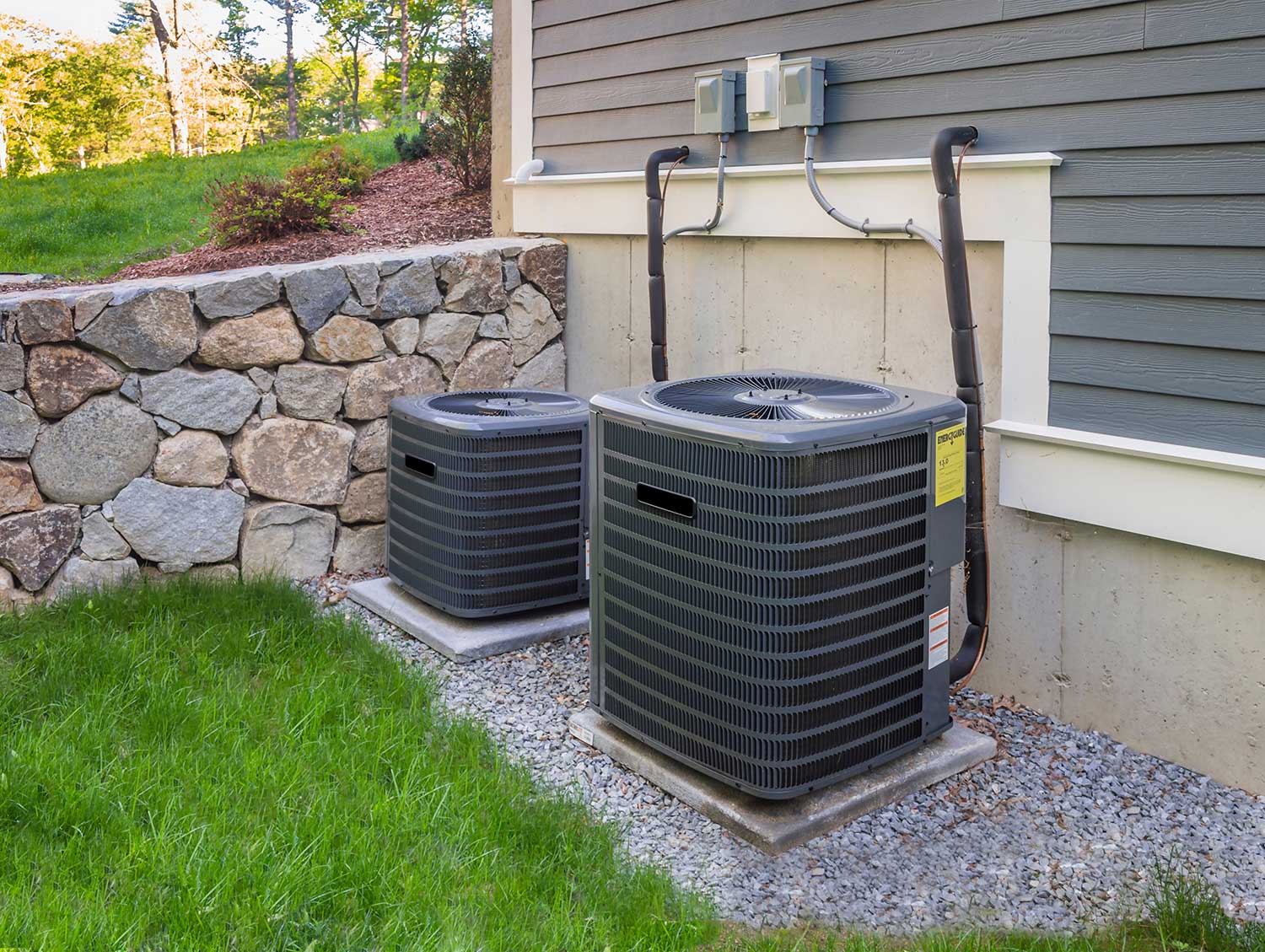Modern options include flexible-speed technology that allows the system to adjust in tiny one percent increments.
My new furnace is nearly thirty years old. While I’m impressed with its lengthy lifespan, I assume it’s time to replace it. The system continues to operate however performance is gradually decreasing. I’ve seen a steady rise in the cost of my energy bills. When the system was brand new, it only gave an 85% AFUE rating. Efficiency has actually diminished over the years. There are models on the new market that offer 98% AFUE rating. I know that updating to a high-efficiency furnace would supply considerable savings on my bi-weekly expenses. This would help to reuse the investment while also reducing our carbon footprint. My older furnace is a single stage model. It is only capable of operating at maximum speed. When the temperature in the house drops below the control unit setting, the furnace starts up plus blasts at one hundred percent capacity. Once the temperature is raised to the desired level, the heating system particularly shuts down. This creates uneven temperature, creates complaints with unacceptable humidity plus puts a lot of wear plus tear on the various components of the systems. Modern options include flexible-speed technology that allows the system to adjust in tiny one percent increments. The furnace can operate someplace from forty to one hundred percent capacity. It automatically adjusts to supply only the precise amount of heat necessary to maintain perfect plus consistent indoor comfort… Running longer at lower speed uses less energy, better filters contaminants from the air plus promotes greater reliability plus longevity from the system. I’m also excited by the potential of zone control. I am hoping to replace the furnace this fall plus appreciate a brand new system this coming winter.
